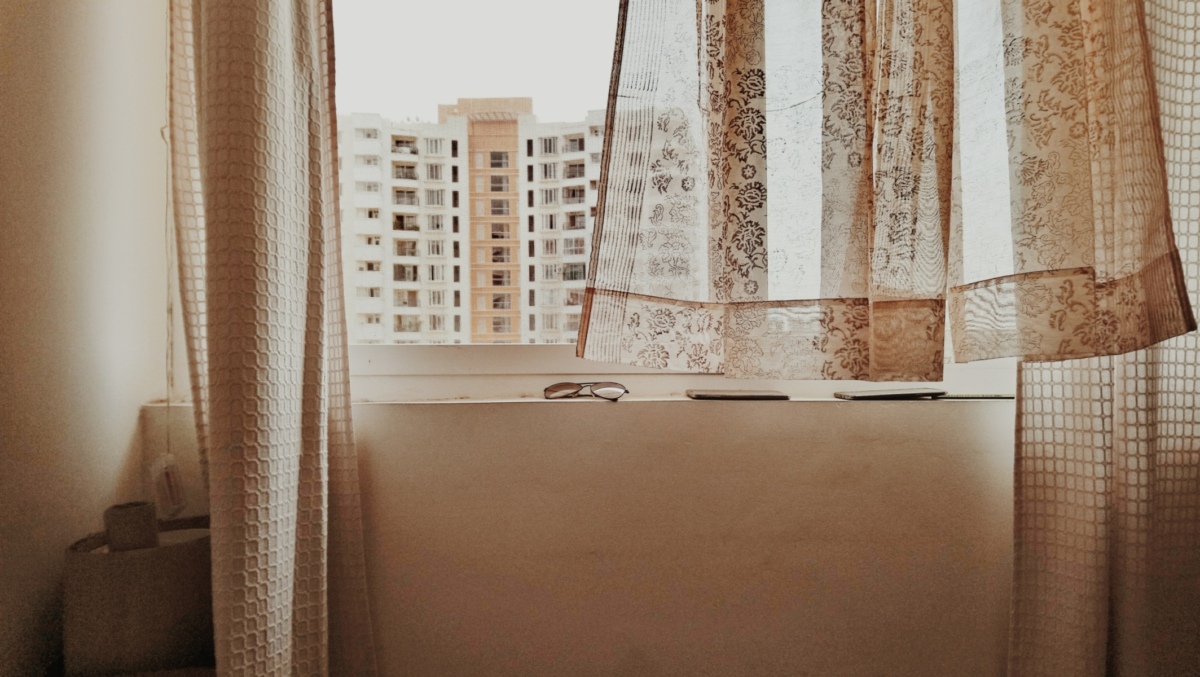Body Preparation
You can choose to be involved in the preparation of the body of your loved one after death, or you can leave this to professionals. If there was nothing expressed in your loved ones final wishes, this is completely your choice. The preparation of your loved one’s body can be carried out in different ways and sometimes can depend on what is planned for your loved one’s farewell.
Caring for the body yourself
Caring for the body of a loved one at home can help with the grieving process. As it might be the last physical contact you have with the person who has passed, it’s also a way to continue to care for your loved one after they have died.
It is important to seek professional support and guidance during this time and to make sure you are treating your loved one with the dignity and respect they deserve.
You can expect to see changes in the body over time, such as increased paleness, facial changes and stiffness of muscles and joints. This can depend on the condition of the body before death, the cause of death, the temperature of the body and the environment.
Bathing and dressing the body
- Gently wash the face with a soft damp cloth. You can also gently help the eyes to close by holding the eyelids down for a few minutes following death. If they don’t stay closed on their own, you can try placing a small soft fabric bag over the eyes and keep it in place until the lids remain closed. It works best if the bags is filled with a substance like uncooked rice, similar to a small eye mask.
- Gently clean the teeth and mouth with a damp cloth. Dentures should be taken out, cleaned and replaced. If the mouth is still open, you can help to keep it closed by placing a soft rolled-up towel underneath the chin until body stiffness helps it remains closed. If this is proving unsuccessful, you could try a necktie or scarf that can be wrapped around the head and gently tied.
- If needed, you can gently wash your loved one’s hair with shampoo (you might like to use a no-rinse shampoo). For a man, you may also like to shave his face, if that was part of his normal routine
- Clean the body using a washcloth with water and soap and if you prefer, small amounts of essential oils. It is also important to ensure the genital and rectal areas are clean.
- Dress the body as your loved one would have wished. Button up shirts can be a good idea as it is easier to get arms through the sleeves.
- You might like to paint fingernails or toes, apply makeup or style their hair if this is what they would have liked. You can also adorn their body with jewellery and mementos.
Embalming
Embalming is commonplace for open-casket funerals but is not necessary. If bodies are well cared for, using icepacks, refrigeration and other strategies, they can be cared for without embalming for up to a week. Embalming is not required by law in New Zealand. Read more about embalming…
Seeking support and services from a funeral director
If you have decided to use the services of a funeral director, you can call them to collect the body, once your loved one has been confirmed as deceased by a medical professional. Once a funeral director has picked up the body, they will talk to you about options such as whether or not you would like the body embalmed.
The body will be placed in refrigeration to keep it cool until the day of burial, at which point the body will be transported to the funeral service and then the burial site.
Most funeral facilities include private rooms where friends and family can visit and spend time with their loved one during set hours. Find funeral directors near you.
